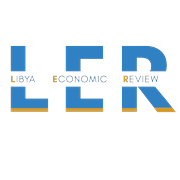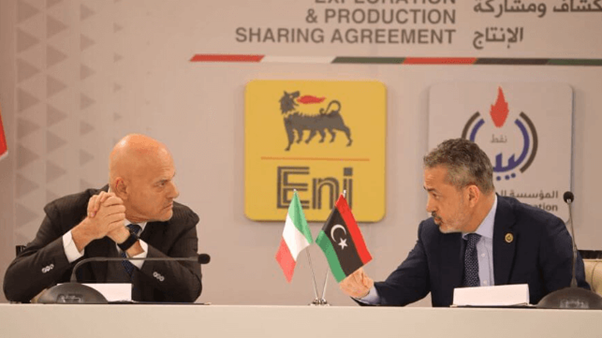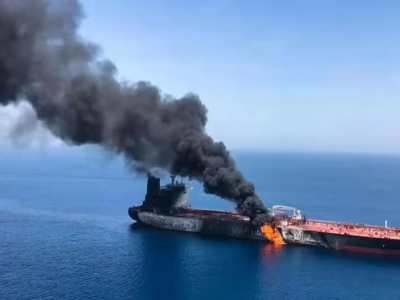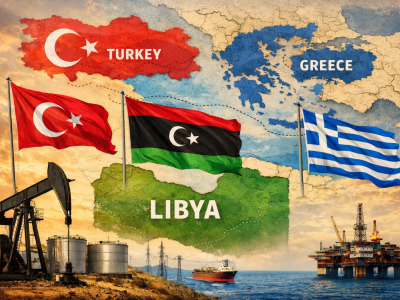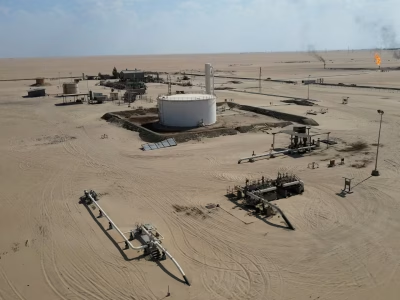Italy’s ENI Must Approach Libya with Caution as It Expands Operations
As Italy’s ENI expands energy operations in Libya, committing billions to gas exploration and infrastructure development, it is stepping into far more than a commercial venture. It is (re)entering the core of a fragmented state still grappling with division and insecurity. If ENI’s strategy is purely transactional – focused on resource extraction while bypassing the internal issues that shape the country – it risks undermining both Libya’s long-term stance as a partner in European energy security.
Libya has long been central to ENI’s portfolio. Even during the height of Libya’s post-2011 chaos, ENI maintained a presence that few other majors could match. As the West now looks to distance itself from Russian supply, ENI is positioning Libya as a cornerstone in Europe’s Mediterranean energy strategy. The $8 billion gas deal signed in early 2023 with the Libyan National Oil Corporation (NOC) was huge, as it signals confidence in Libya’s future.
But who, exactly, are these deals with?
ENI’s current operations are anchored in western Libya, where the NOC operates under the de facto control of the Tripoli-based Government of National Unity (GNU). Meanwhile, the eastern and southern parts of the country remain under the control of General Khalifa Haftar and the House of Representatives, who reject the GNU’s legitimacy. While the eastern government rivals the west, both are oil-rich and work with the NOC. What looks like a political split is really a deeper fight for control, one that’s undermined a democratic process and left Libya lacking a clear path to unity.
By aligning too closely with one side, ENI risks reinforcing Libya’s divisions and entrenching instability. The reality is that energy in Libya is inherently political. Every deal signed in Tripoli is scrutinized in Benghazi, and vice versa. If ENI’s actions are perceived as partisan, it may further fuel conflict instead of increasing cooperation.
To be clear, doing business in Libya is not the issue. Libya needs investment, and ENI has the experience and capital to help rebuild its energy sector. But true progress requires more than infrastructure. It demands diverse engagement throughout the country, not just with elites, and a commitment to national unity. ENI’s leverage can be a tool for reconciliation if used wisely.
A more responsible approach would involve active coordination with international mediators and Libyan actors from all regions. This isn’t just a matter of corporate diplomacy – it’s a recognition that long-term energy security hinges on internal stability. A fractured Libya cannot reliably supply Europe. A unified Libya can.
Transparency is key, and it could help curb corruption. ENI should be open about its contracts and support frameworks that help improve revenue distribution nationwide. It should also invest in local capacity: training skilled workers, supporting domestic energy firms, and helping build relevant institutions. Without these elements, oil and gas profits will remain concentrated in the hands of a few, hurting legitimacy and public trust.
Libya’s resource wealth should belong to its people and not to any single faction or entity, be it foreign or domestic. For ENI to play a constructive role, it must act as a national partner, not merely a beneficiary of its vast resources. This includes supporting community development and security, especially in regions historically excluded from power and investment.
ENI’s decisions in Libya will echo well beyond the oil fields. Italy, too, must recognize that its energy interests are inseparable from its broader regional policy. Europe cannot afford to pursue energy security as a standalone issue. It must see Libya’s stability as a strategic priority – not just for moral reasons, but because Europe’s energy future depends on it.
The choice now facing ENI and Italy is not just between profit and restraint. It is between perpetuating a dysfunctional status quo and investing in a future where Libya can stand as a sovereign energy partner.
That choice will define not just ENI’s legacy in Libya – but the shape of Mediterranean economy for years to come.
